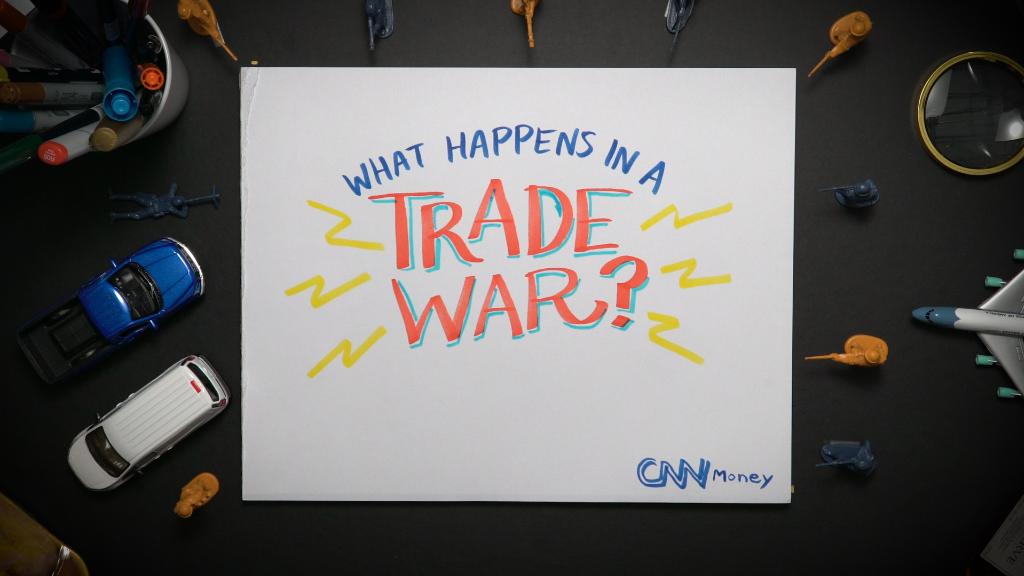
China is freeing up more than $100 billion to help its economy, which is facing fears of a slowdown and an escalating trade war.
The country's central bank said late Sunday that it is set to release as much as 700 billion yuan ($107 billion) into the financial system by reducing the amount of deposits that most commercial banks are required to hold.
The move to cut the requirement by half a percentage point comes as the Chinese government is dealing with an emerging trade war with the United States and concerns its economy is weakening faster than expected.
The reduction will encourage banks to lend additional cash to businesses and can generate more economic activity, analysts say. The cut is due to take effect on July 5, just one day before the United States and China plan to impose steep tariffs on tens of billions of dollars of each other's exports.
The central bank's move seems "likely to result in looser monetary conditions given signs that policymakers are becoming more concerned about the downside risks to economic activity from slowing credit growth," Julian Evans-Pritchard, senior China economist at research firm Capital Economics, said in a note to clients on Monday.
Related: China's economy shows signs of slowing. A trade war won't help
Yi Gang, the governor of the People's Bank of China, told state-run media last week that the central bank would "comprehensively use all kinds of monetary policy tools" to offset any slowdown in the economy.
The Chinese economy performed strongly last year, growing 6.9%, according to government figures. That momentum continued into the start of this year, but many economists were skeptical it would hold. Signs of a slowdown are starting to appear. These fears are being compounded by rising trade tensions with the United States.
Official economic data for May showed that growth in important areas like exports, investments by companies and consumer spending all declined compared with the same month a year ago.
Related: Trade war: America risks killing the global growth it needs
"We believe the Chinese economy has yet to bottom out, and the situation could worsen before getting better," analysts at investment bank Nomura wrote in a research note Sunday. They said they expected to see more central bank stimulus measures later this year.
But the central bank has to be mindful about government efforts to rein in the huge levels of debt in China, according to Wei Yao, an economist at investment bank Societe Generale. Loosening monetary policy too much could make the situation worse.
The effort to tackle debt "is for the long-term good and should not be put off. We see a high pain threshold for Beijing to give up this," Yao said.


